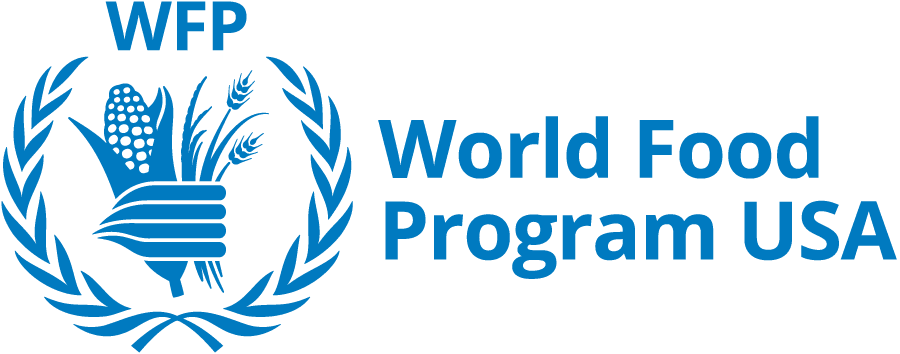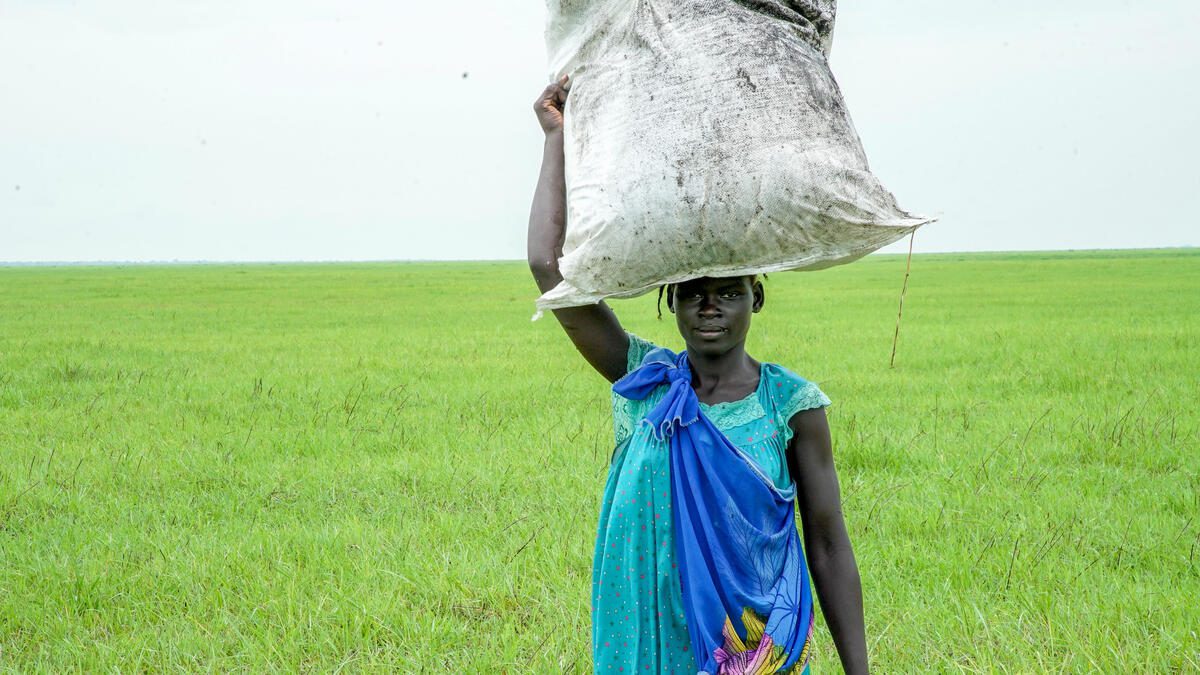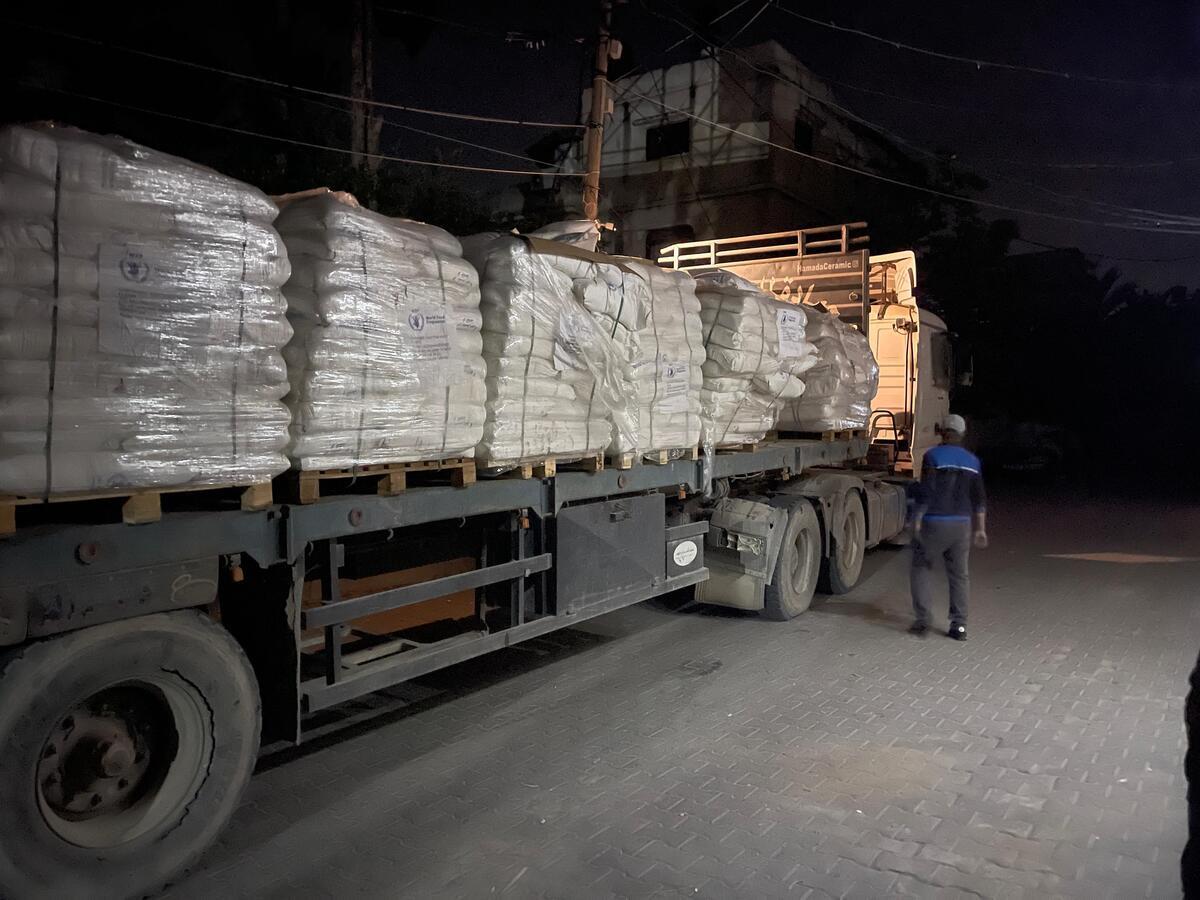KINGSTOWN – The United Nations World Food Programme (WFP) has kicked off distributions of emergency food assistance to people severely affected by Hurricane Beryl on the islands of Saint Vincent and the Grenadines and Grenada.
The devastating storm brought life-threatening winds, heavy rain and severe storm surges, upending lives and livelihoods. It left thousands of people homeless, uprooting trees, downing power lines, littering roads with debris and cutting off water supply in several island states in the Caribbean. Transport, agriculture, tourism, healthcare and telecommunications were all heavily affected.
The southern islands of Saint Vincent and the Grenadines, along with Carriacou and Petite Martinique in Grenada, have experienced total devastation and isolation due to a direct hit by the hurricane. Agriculture and fisheries have suffered significant damage. For residents of the hardest-hit areas, this disaster compounds existing economic challenges, particularly access to nutritious diets for the most vulnerable members of the community.
The U.N. World Food Programme has rapidly mobilized five thousand food kits, consisting of canned and dry food and cooking oil – enough to feed 15,000 people for 10 days. Half of the supplies were purchased and packed in neighboring Barbados and shipped to Kingstown, the capital of Saint Vincent and the Grenadines, in a joint effort between the U.N. World Food Programme, the Caribbean Disaster Emergency Management Agency (CDEMA), the Barbados Defence Force and civil society.
“The U.N. World Food Programme is committed to supporting hurricane-hit communities whose lives and livelihoods have been torn apart by this Hurricane. Our teams are working around the clock to deliver food and other critical assistance to the hardest-hit locations,” said Brian Bogart, director designate of the U.N. World Food Programme’s Caribbean Multi-Country Office.
The U.N. World Food Programme is also providing vital logistics support to the wider humanitarian response as part of its partnership with CDEMA, and arranged the shipment of relief items – including generators, water testing kits, temporary shelters, and hygiene kits – on behalf of the International Organization for Migration (IOM), the Pan-American Health Organization/World Health Organization (PAHO/WHO) and UNICEF. The U.N. World Food Programme also mobilized badly-needed trucks and forklifts to support the handling and dispatch of relief items. This logistics support has been possible through support from USAID’s Bureau of Humanitarian Assistance.
Beryl was the first hurricane of the 2024 season and the strongest July hurricane on record. Beryl first made landfall in Grenada, and St. Vincent and the Grenadines, leaving a trail of devastation in its path, before moving westwards across the Caribbean. Thousands of people remain in shelters after losing their homes to the hurricane.
“We are witnessing first-hand the impact of the climate crisis on the thousands of people whose lives and livelihoods have been upended by this hurricane. Small island developing states in the Caribbean are at the sharp end of the climate crisis and are victims of a crisis not of their own making. We need investments to help these people recover and become more resilient to these escalating natural hazards,” noted Bogart.
The U.N. World Food Programme is working alongside regional and national response agencies, embedding personnel in the response efforts of hard-hit countries, including in St. Vincent and the Grenadines, Grenada and Jamaica, to provide expertise in emergency response, logistics and telecommunications, and offer support in critical areas. The U.N. World Food Programme is also working with local authorities and partners to conduct needs assessments to identify areas and communities in need of humanitarian support.
The U.N. World Food Programme’s Caribbean Multi-Country office was opened in 2018 and covers 22 countries and territories across the English and Dutch Caribbean. The U.N. World Food Programme works with national governments and regional bodies – such as the Caribbean Disaster and Emergency Management Agency – to strengthen disaster management, social protection, and food systems. These investments place the most vulnerable at the forefront of efforts to strengthen climate resilience at the national and community levels.
Note to Editors:
Photos of available here.
# # #
The United Nations World Food Programme is the 2020 Nobel Peace Prize Laureate and the world’s leading humanitarian organization, saving lives in emergencies and using food assistance to build a pathway to peace, stability and prosperity for people recovering from conflict, disasters and the impact of climate change.
Follow us on X via @wfp_media and @wfp_Caribbean






